by Kevin M. Smith
At this point it’s common knowledge that Maryland’s craft beverage producers – breweries, distilleries and wineries – were designated as essential businesses when quarantine hit. But when the stay-at-home order first dropped, those small Maryland businesses were scrambling for answers – wondering how they would move forward in a Pandemic-world. “We were definitely concerned and not sure where we would fall under the guidelines,” explained Braeden Bumpers, co-founder and distiller at McClintock Distilling in Frederick. “We have so many active bioprocesses and it’s not like you can just stop them mid-fermentation. If we couldn’t go to work there would be thousands of dollars in raw material losses. We were scrambling to make contingency plans to try and preserve as many of our batches as possible.”
It made for an emotional afternoon at the craft distillery. When the stay-at-home order was clarified late that same afternoon, Bumpers said that “Relief is not strong enough of a word. We were very fortunate to be able to stay busy during the lock down and right away we wanted to do something to help as well as keep our normal production going, so the hand sanitizer project was born.”
Early on during quarantine, McClintock and many other distilleries made the shift to the production of hand sanitizer. For the distilleries that engaged in this practice, Bumpers explained that it was an easy shift. “The actual production process is not that different from what we normally do and we had an industrial production permit from an old project that didn’t pan out so we were able to transition pretty easily to making sanitizer. The first week we dedicated all of our staff and equipment to sanitizer and were able to crank out about 1,000 gallon to donate to first responders, assisted living/retirement homes and non-profits helping people. After that we saw how great the demand was and brought in new equipment so we could do upwards of 7,000 gallons a week of sanitizer and still keep our production of spirits up. We hired a bunch of help from out of work industry people to help with production and we were able to keep everything running smoothly.”
Like many craft producers, McClintock had to shift portions of their business model, but less so than the breweries that relied on a majority of tap-room sales. “We were very fortunate that our business is heavily built around our distribution network across Maryland, Deleware, and D.C., so we were able to rely heavily on our off-premise sales around the tri-state area during the lock down,” said Bumpers. “The biggest change for us was the opening of direct to consumer delivery, which hasn’t been done in Maryland since prohibition. When the word came down in late March from the Governor’s office that we could do that we had our delivery site live the same day and had to create delivery protocols and a brand new team from scratch that ramped up very very quickly. Again we were able to hire unemployed restaurant workers to help bridge that gap.”
Since the beginning of re-opening the state, McClintock has changed up their tasting room experience, adding tables that are now set up eight-feet apart around the distillery. Bumpers added that they spent a week training staff on sanitation procedures, and that every surface is fully disinfected between parties. “We are not doing any cocktails or tours, just offering straight samples of our spirits,” he said, adding, “and all of our serving cups and menus are now single use -which hurts as an environmentally oriented company.”
With the state’s hospitality industry hurting,McClintock has a new initiative aimed at helping those partners in they can around the state. “The restaurant project has been a new initiative that we just expanded. In May as more restaurants started re-opening for takeout and outdoor service we wanted to help out the industry that we rely on so much,” he explained. “We started [offering] a free gallon and two dispensing bottles [of our hand sanitizer] for any restaurant in Frederick County and recently expanded to include every restaurant, bar and retailer in D.C., Maryland, and Delaware.
“Our entire industry relies so much on bartenders, restaurateurs, and retail associates to represent and grow craft spirits and their industries [were the among] most affected by the virus. We heard from a bunch of our partners that they couldn’t reliably get surface and hand sanitizer so we wanted to do what we could to help them keep their staff and customers safe. Restaurants do not need to be customers to participate, or even hold a liquor licence, we just want to help out the industry as a whole as much as possible.”
More than 150 businesses in the region have taken advantage of McClintock’s sanitizer program. For any other businesses looking to get involved, contact McClintock Disitlling via restaurantproject@mcclintockdistilling.com.

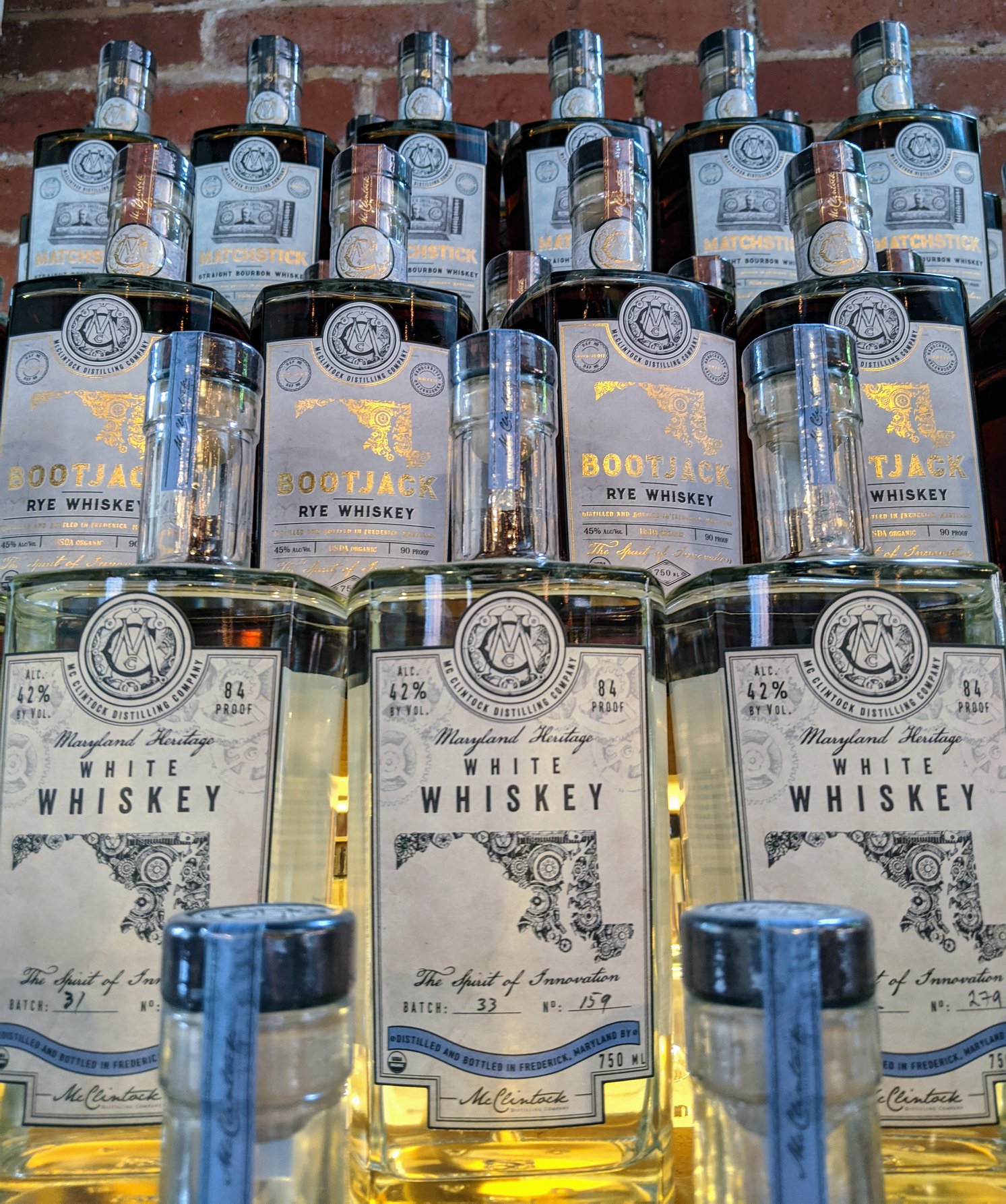
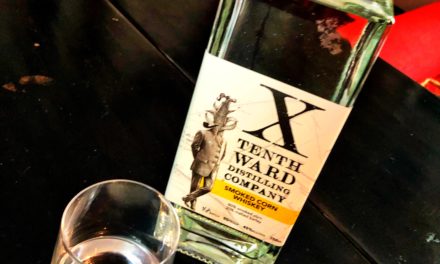
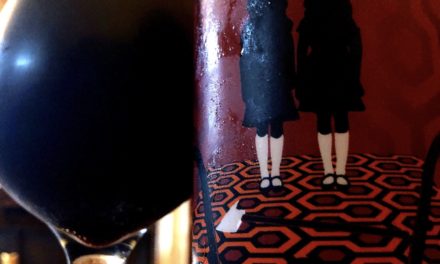
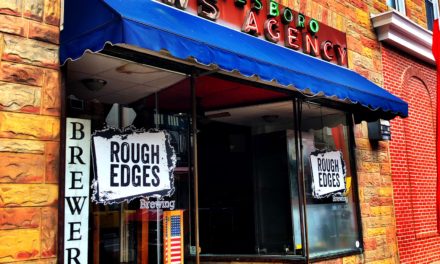





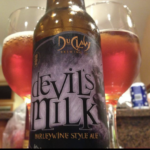
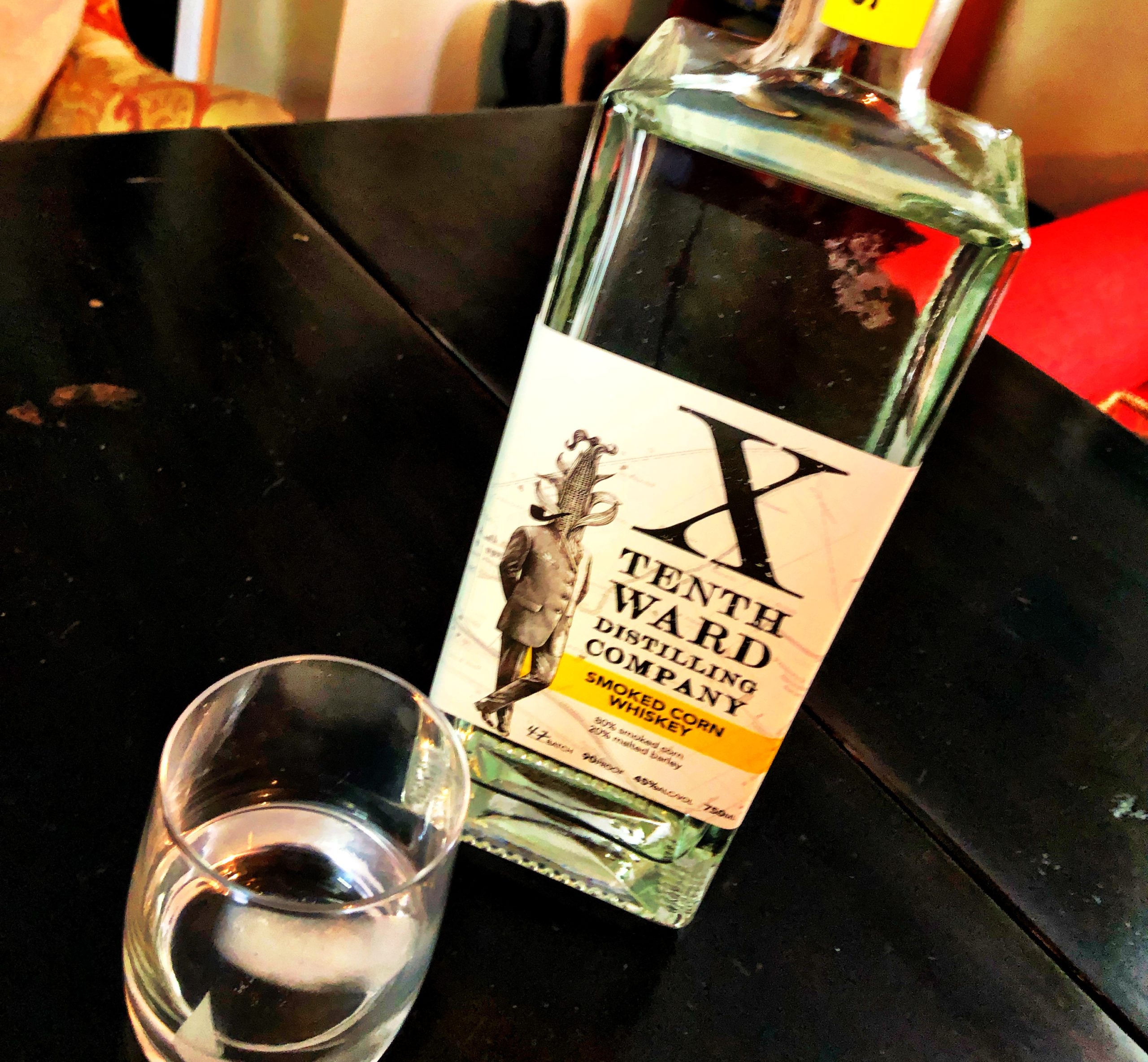

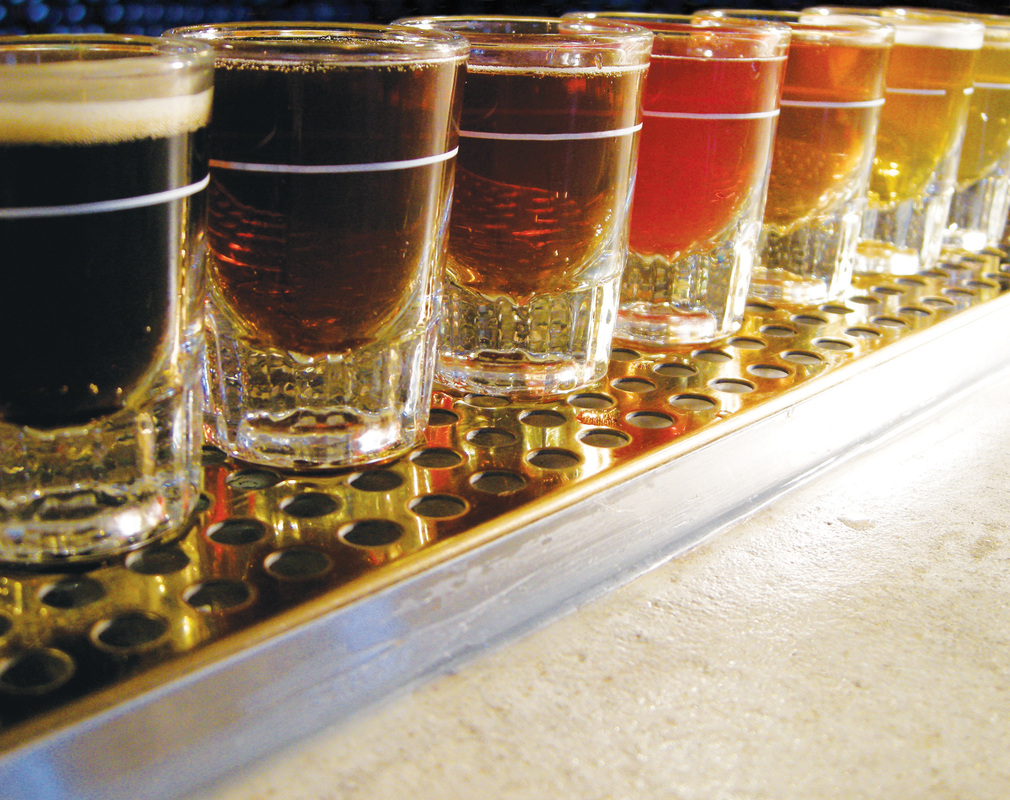
Follow Frederick Behind Bars!